Parents Who Raise Kids Who Excel in Every Aspect of Their Lives Say They Do These 20 Things Differently
We all want our kids to do well. But not just in school. We want them to shine in the classroom and on the playground. To be smart, but also kind. To be confident, but not arrogant. To try hard, bounce back, and still be the kind of person who offers the last slice of pizza.
So what’s the secret? Turns out, parents whose kids consistently grow into self-assured, successful, emotionally intelligent humans do things a little differently. Here are 20 intentional habits they swear by—subtle, powerful shifts that raise kids who truly excel in every part of life.
1. Effort Over Outcome: The Real Gold Star

That moment when a parent beams at their kid for working hard, not just for bringing home a trophy, is magic. You know the feeling—when your child comes home, a little sheepish, with a B+ and instead of groaning, you say, “Wow, you worked so hard on this!” It’s about the journey and the sweat, not just the destination.
Focusing on effort sets kids up to chase challenges instead of hiding from them. These parents celebrate the messy process, the tries, and the do-overs. Kids raised like this grow up seeing every setback as a lesson.
The world’s not giving out gold stars for perfection. If you want a kid who keeps going, even when things get hard, start noticing every little bit of grit they show. That’s the real win.
2. Monkey See, Monkey Do (Seriously)

No amount of nagging can beat a good example. I once watched a mom genuinely thank a cashier, then turn and wink at her daughter as if to say, “Did you catch that?” Kids are always watching—they pick up so much more from what you do than what you say.
When parents show kindness, patience, and respect in their own actions, it seeps into everyday moments. It’s like osmosis for manners. These kids grow up knowing how to treat people, not because they were lectured, but because they lived it.
So, next time you’re tempted to snap, remember: your child’s taking notes. Your behavior is their blueprint for life.
3. Letting Failure Sting (But Not Destroy)
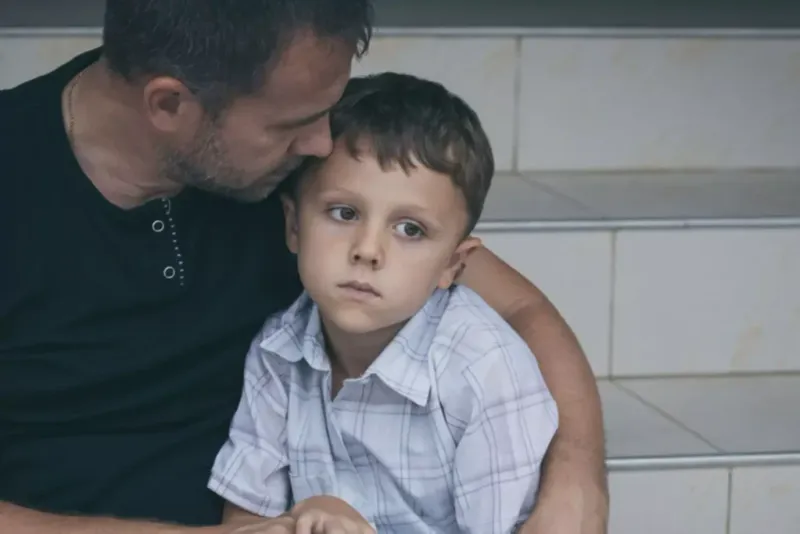
Ever want to swoop in and fix everything? Me too. But allowing your kid to feel the sting of failure is a power move. It’s not about cold shoulders, but about letting them process their disappointment while knowing you’re there.
Parents who resist the urge to rescue show their kids that failure isn’t the end of the world. Instead, it’s a chance to feel, reflect, and try again. That’s how resilience is built, not by bubble-wrapping every experience.
Letting them sit with tough feelings can be harder for us than it is for them. But trust me, they come out stronger on the other side when we don’t rush to save the day.
4. Emotions Are Welcome Here
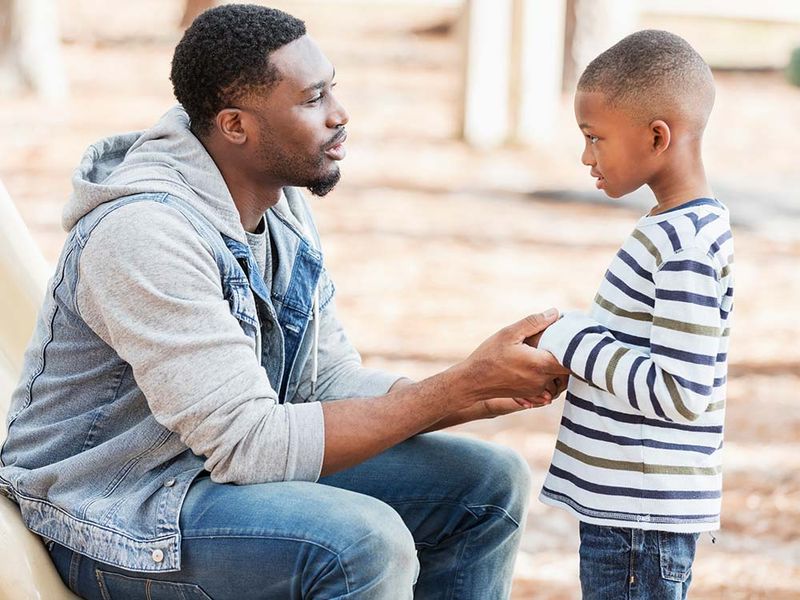
Ever notice how some kids can talk about what they’re feeling, while others just say “I’m fine”? The difference often starts at home. Parents who talk about emotions like they talk about the weather make feelings normal, not scary.
Instead of brushing off sadness or frustration, these parents give space for every emotion—even the messy ones. They ask questions, listen, and never shame their kids for being honest about what’s going on inside.
Teaching kids that every feeling belongs takes patience. But it pays off. You get emotionally savvy little humans who aren’t afraid to speak up and connect deeply with others.
5. Boundaries Without Thunderstorms

Ever watched a mom say “no” without a side of drama? It’s an art. These parents hold firm rules but keep their cool, even in the middle of a meltdown. Boundaries feel safer when they come wrapped in love, not fear.
Kids whose parents are warm but consistent know where the lines are—and surprisingly, that comfort zone lets them relax and flourish. There’s no guessing game about what’s okay and what isn’t.
Saying “no” with kindness is a skill. Once you master it, tantrums turn into teachable moments, and respect grows both ways.
6. Curiosity Wins Over Control

Some parents just can’t help but try to control every detail. The others? They step back and ask, “What do you think?” It’s not a free-for-all, but a way of letting kids flex their own problem-solving muscles.
Kids raised with questions, not commands, get used to exploring, questioning, and creating. These are the ones who don’t freeze up when life throws them a curveball. They’re confident enough to try new things, knowing there’s space for their ideas.
If you’re tired of micromanaging, try curiosity. You’ll be surprised what your child comes up with when you let them lead sometimes.
7. Silly Is the Secret Sauce

Want to know what sticks with kids? The weird, goofy moments. Parents who aren’t afraid to be silly—karaoke car rides, kitchen dance-offs—teach their kids that life’s too short to be serious all the time.
These memories bond families in ways no fancy vacation ever could. Joy becomes something kids expect and create, not just experience by accident. Laughter is their secret weapon.
Let’s be honest, sometimes you just need to shake off a bad day with a ridiculous song. That’s the stuff childhoods are made of—and it’s free therapy for everyone.
8. Kindness Gets a Standing Ovation
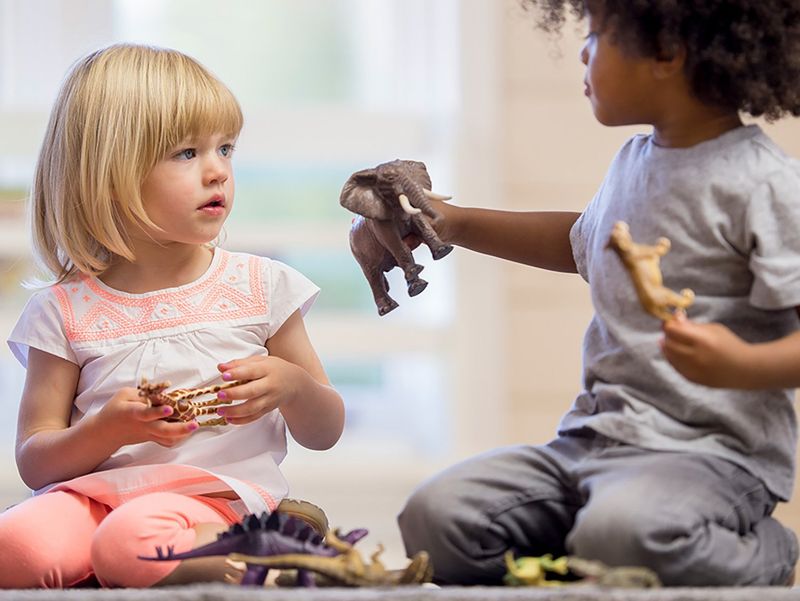
Ever seen a parent make a huge fuss when their kid shares or helps out? That’s no accident. These parents celebrate kindness like it’s the biggest win of the day—bigger than any test score.
When you catch your child being generous or thoughtful and actually notice, they learn that kindness counts. It’s not about the show, but about letting them know their heart matters more than their report card.
The result? Kids who look for ways to help, not just ways to get ahead. They grow into adults people want on their team.
9. Consistency: The Not-So-Secret Ingredient

No one likes a moving target. When parents stay consistent—even when they’re tired or stressed—kids feel like the world makes sense. There’s comfort in knowing what to expect.
This doesn’t mean being rigid. It means the rules don’t change based on your mood or the weather. These kids know where the boundaries are, and that’s half the battle.
Routine is underrated. When families keep their promises and stick with their systems, kids feel secure enough to focus on growing and learning, instead of always watching for the next surprise.
10. Letting Consequences Teach (Ouch)
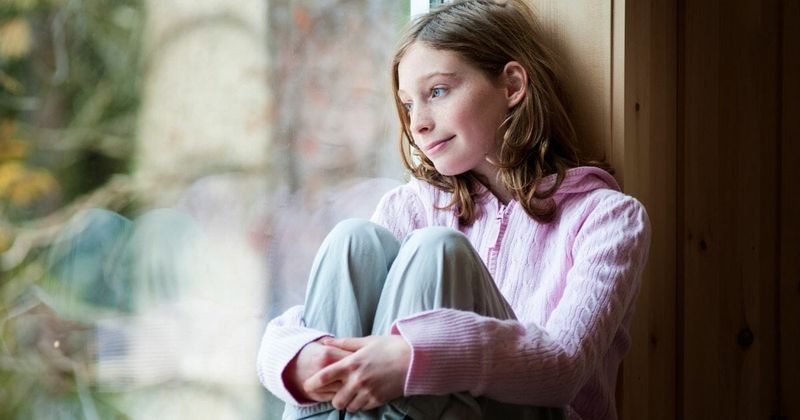
Forgetting homework or a lunchbox can feel like a crisis—for us and our kids. But the parents who step back and let natural consequences happen are onto something. They know a little discomfort now means bigger lessons later.
Instead of bailing their kid out every time, they let those little mess-ups sting. Kids who learn from their own mistakes grow up confident in their ability to handle life’s bumps.
It’s tough not to swoop in. But holding back, just a bit, helps build real-world smarts that last long after childhood ends.
11. Real-Life Skills Start at Home

Ever notice the kid who can chop veggies or set a budget while others are lost? That’s no accident. Parents who invite their kids into daily tasks—cooking, fixing, budgeting—raise confident, capable humans.
These aren’t chores; they’re life lessons in disguise. Kids feel trusted and important, and they learn that responsibility is part of the family, not a punishment.
It’s easy to shoo them off so things go faster, but patience pays off. Give them a chance to help, and you’re gifting them skills they’ll use forever.
12. Saying Sorry: The Real Power Move

Nothing shatters the myth of perfection like a parent saying, “I messed up, and I’m sorry.” It’s humbling, but it’s also healing. These parents show their kids that everyone has tough days and makes mistakes.
Owning up doesn’t make you weak—it makes you trustworthy. Kids learn that apologies aren’t just for children, and forgiveness is a two-way street.
When parents model humility, kids pick it up. They become people who can admit when they’re wrong and do better next time. That’s rare and precious.
13. Friends Who Stretch, Not Shrink

You know the difference between a friend who lifts you up and one who dims your light. Parents who encourage friendships with kids who challenge, inspire, and support are raising future leaders.
It can be tempting to let kids stick with what’s comfortable, but growth happens at the edge. These parents nudge their kids toward friends who bring out their best qualities, even if it means taking social risks.
Those friendships teach loyalty, empathy, and how to handle differences. Kids end up with social skills that serve them for life.
14. No Sugarcoating the Tough Stuff
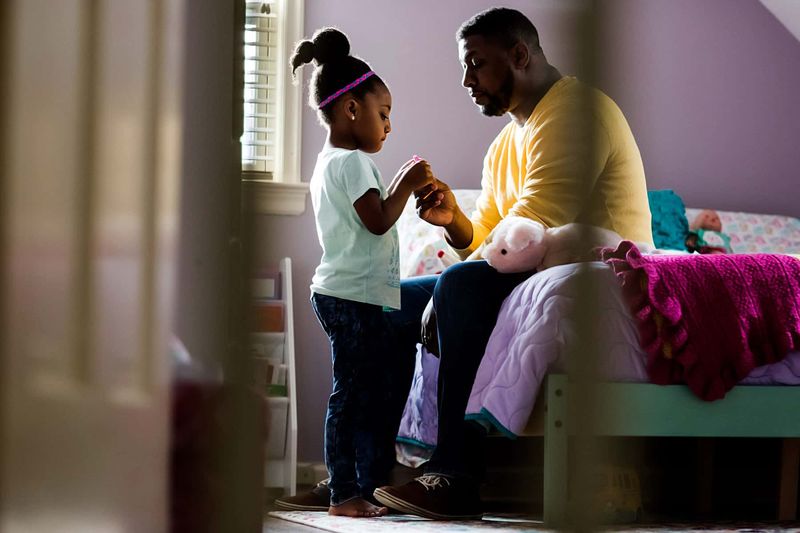
Some conversations take real guts. Parents who discuss the not-so-pretty side of life—loss, anxiety, divorce—without hiding behind cliches, give their kids a huge gift: honesty.
Sharing the truth (in age-appropriate ways) shows kids that even the messiest parts of life can be faced together. It’s not about scaring them, but about making space for their questions.
When families talk openly about hard topics, nothing feels off-limits. Kids grow up knowing that no matter what comes, they won’t face it alone or in the dark.
15. Rest: The Secret Weapon

Who knew “doing nothing” could be productive? Parents who guard downtime with the same energy as homework time are onto something big. Rest isn’t laziness—it’s essential.
These parents make sure their kids get enough sleep, schedule brain breaks, and protect family chill time. Kids learn that recharging is as valuable as working hard.
It’s not just about sleep. It’s about respecting your body’s need to pause. That’s a lesson that sticks, long after curfews and bedtime stories fade.
16. Down With Busyness
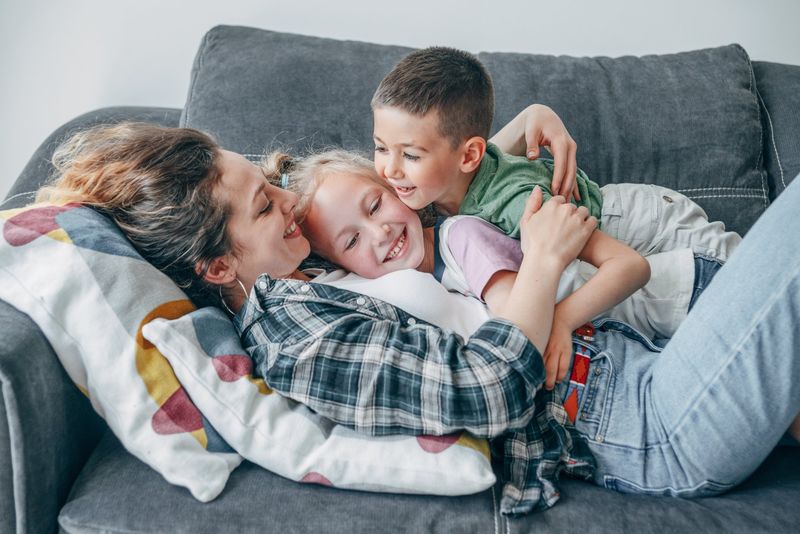
Ever feel like life turns into a race from soccer to science club? Some parents just say no to the rat race and protect space for boredom, creativity, and lazy afternoons.
These are kids who can entertain themselves, find their own fun, and actually know how to be alone with their thoughts. Overscheduling is out—room to breathe is in.
Making time for nothing doesn’t mean nothing’s happening. That’s where imagination (and true connection) gets its best workout.
17. Money Lessons Start Early
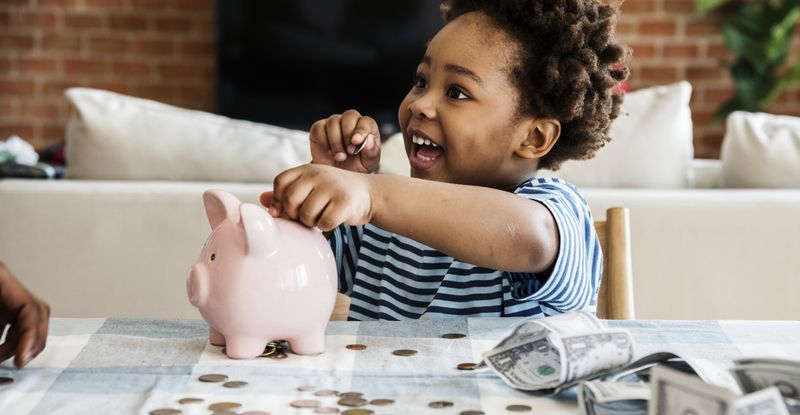
Money smarts don’t magically appear at 18. Parents who talk about budgets, savings, and wise spending early are setting their kids up for real-world wins. Mistakes with a piggy bank now mean fewer disasters later.
When kids handle their own small amounts, they learn quickly what’s worth it and what isn’t. These conversations don’t have to be formal—sometimes the best lessons come sorting coins at the kitchen table.
Financial savvy is a skill, not a personality trait. It’s never too early to get started, and it pays off every single day.
18. The Progress Parade

Some parents only show up when there’s a win. The others? They’re front row for every struggle, every do-over, every “almost.” They know progress is worth celebrating, not just the final score.
When you cheer for persistence, your kid learns that trying again is a badge of honor. This attitude sticks, making them braver in every area—sports, music, friendships, you name it.
Progress over perfection isn’t just a phrase. It’s a family vibe. Those little wins—showing up, trying again—matter most.
19. Curious About the Person, Not the Mini-Me
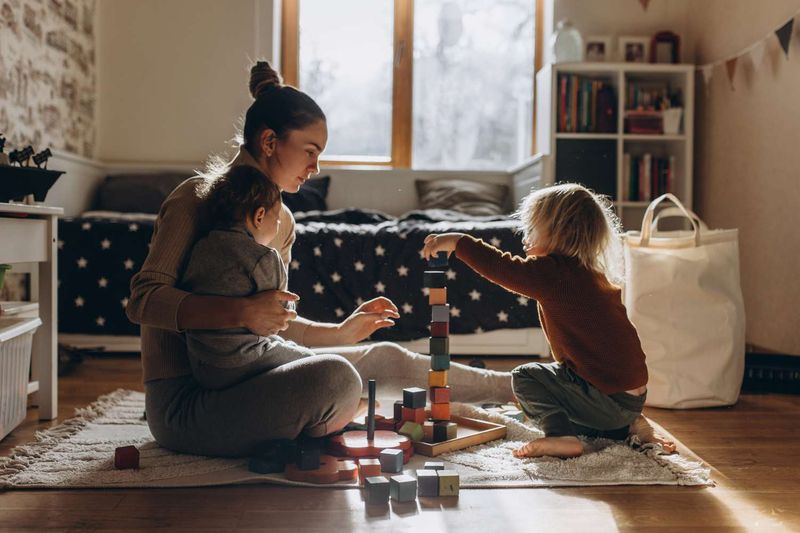
Have you ever caught yourself projecting your own dreams onto your child? The best parents catch themselves, then step back. They stay curious about who their kid really is—not just what they hoped for.
They ask about their interests, notice their quirks, and genuinely delight in whatever weird or wonderful thing their child brings to the table. It’s not about raising a clone, but about truly seeing the person standing in front of you.
Discovery is a daily thing. These parents get the joy of meeting their child anew, every single day.
20. Love That Doesn’t Budge
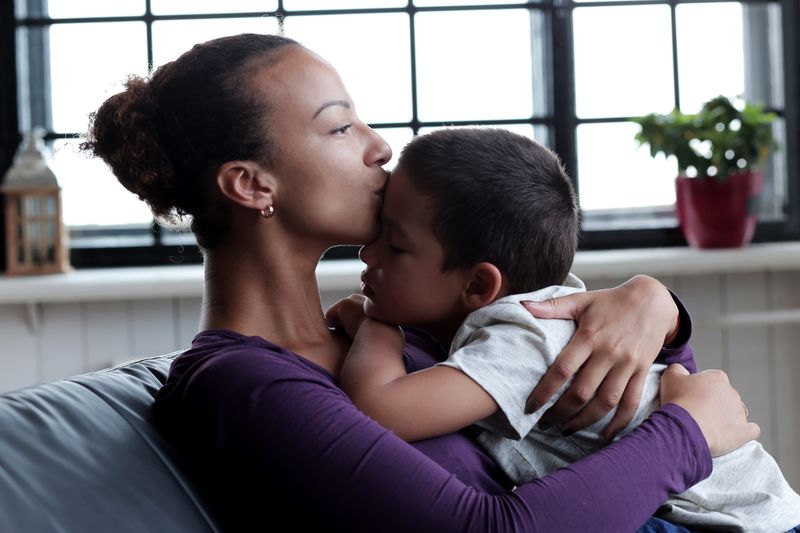
Unconditional love isn’t a performance. These parents don’t withhold affection when their kid messes up or only give it when there’s an achievement to celebrate. Their love is the steady background music of their child’s life.
Kids who feel deeply loved—no matter what—grow up braver, kinder, and stronger. They know there’s nothing they could do to break that connection.
In a world that loves to measure worth, unconditional love stands out. It becomes the safest place a child will ever know.







